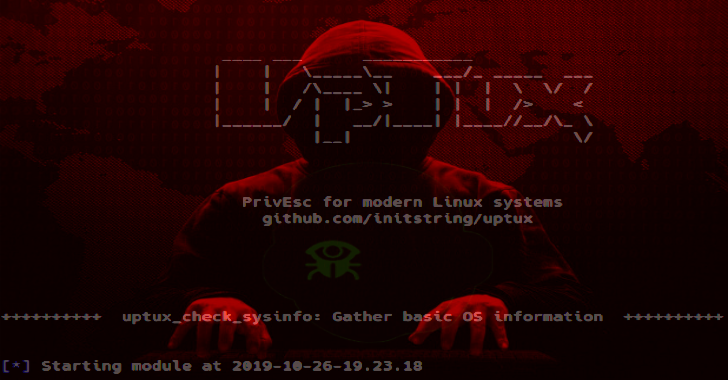Uptux is a specialized privilege escalation checks for Linux systems. Implemented so far:
- Writable systemd paths, services, timers, and socket units
- Disassembles systemd unit files looking for:
- References to executables that are writable
- References to broken symlinks pointing to writeable directories
- Relative path statements
- Unix socket files that are writeable (sneaky APIs)
- Writable D-Bus paths
- Overly permissive D-Bus service settings
- HTTP APIs running as root and responding on file-bound unix domain sockets
These checks are based on things I encounter during my own research, and this tool is certainly not inclusive of everything you should be looking at. Don’t skip the classics!
Also Read – Virtuailor : IDAPython Tool For Creating Automatic C++ Virtual Tables In IDA Pro
Usage
All functionality is contained in a single file, because installing packages in restricted shells is a pain. Python2 compatibility will be maintained for those crap old boxes we get stuck with. However, as the checks are really aimed at more modern user-space stuff, it is unlikely to uncover anything interesting on an old box anyway.
There is nothing to install, just grab the script and run it.
usage: uptux.py [-h] [-n] [-d]
PrivEsc for modern Linux systems, by initstring (github.com/initstring)
optional arguments:
-h, –help show this help message and exit
-n, –nologging do not write the output to a logfile
-d, –debug print some extra debugging info to the console
Testing
For testing purposes, you can run the tests/r00tme.sh script, which will create many vulnerable configuration issues on your system that uptux can identify. Running tests/unr00tme.sh will undo these changes, but don’t hold me to it. Needless to say, this is dangerous.
Use a VM for testing this way.

















.png)